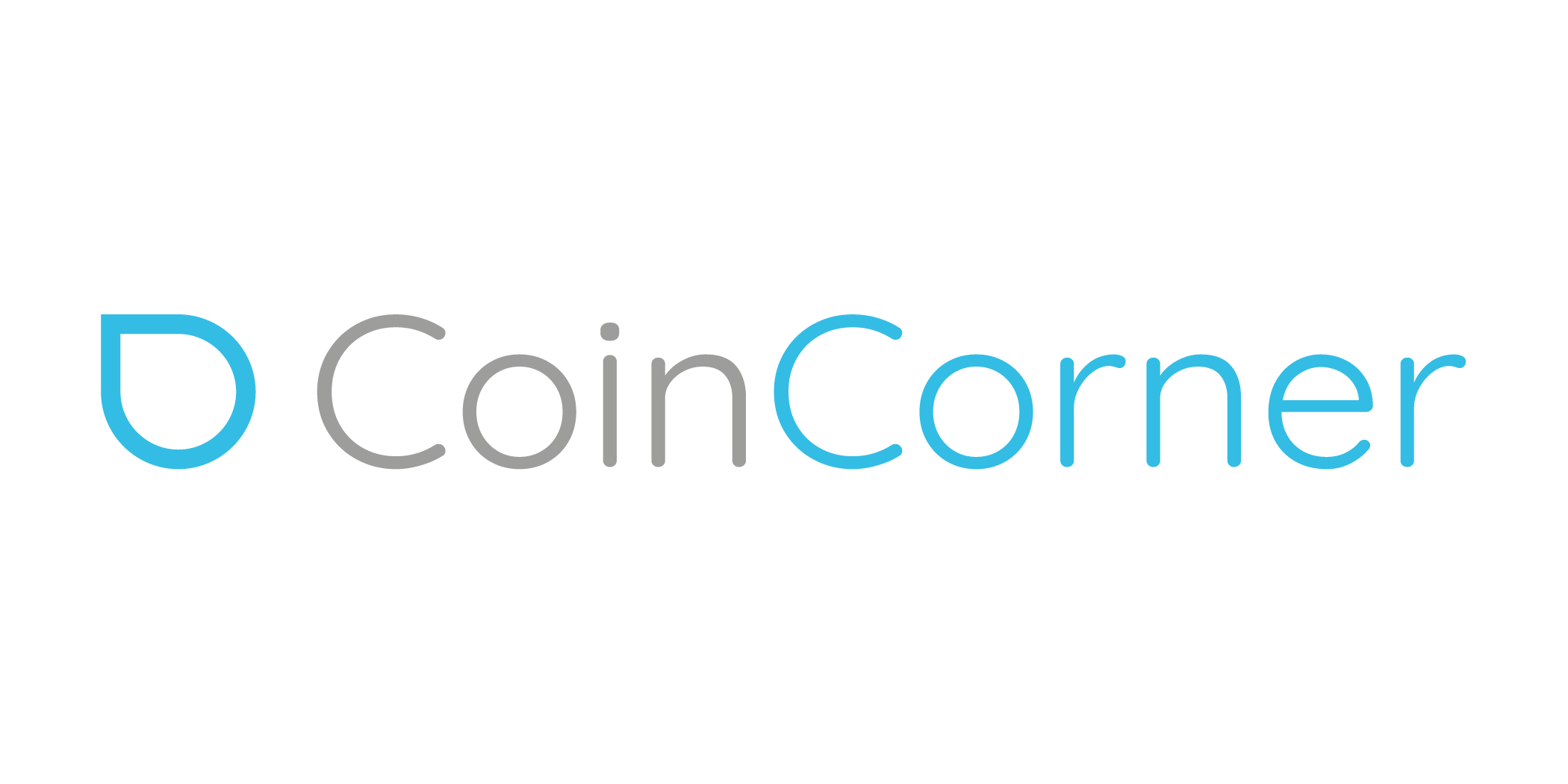BBVA Joins Qivalis Banking Consortium to Advance...
- 04.02.2026 09:05 am
Bitso Business Announces Second Edition of “The Push...
- 04.02.2026 08:25 am
Retail Stablecoin Use Surges 10x in 2025
- 04.02.2026 08:05 am
Clear Junction Launches onChain Stablecoin Pay-In...
- 03.02.2026 09:35 am
Checkout.com Acquires Blue EMI, a Licensed Issuer of...
- 02.02.2026 11:45 am
NymCard Enables Stablecoin Settlement with Visa in the...
- 02.02.2026 09:15 am
Tether Announces the Launch of USA₮, the Federally...
- 02.02.2026 05:45 am
Aleo, Toku, And Paxos Labs Launch First Private...
- 30.01.2026 09:05 am
KAST Launches Earn Vaults to Bring High Performance...
- 26.01.2026 08:25 am
Humanity Mainnet Integrates with Fireblocks, Expanding...
- 22.01.2026 09:55 am
Bitso Earns CCSS 2025 Certification, the Highest...
- 14.01.2026 03:30 pm
BVNK To Deliver Stablecoin Infrastructure for Visa...
- 14.01.2026 09:35 am

























